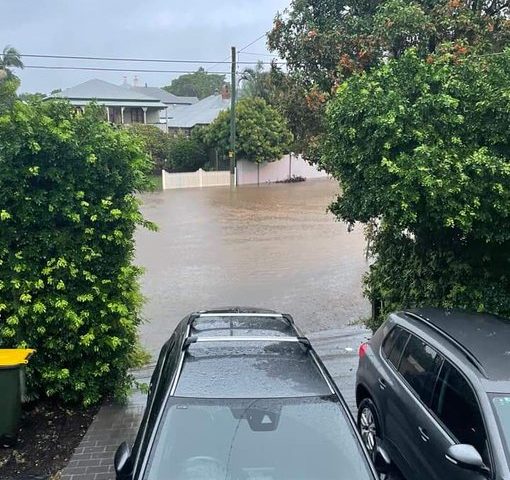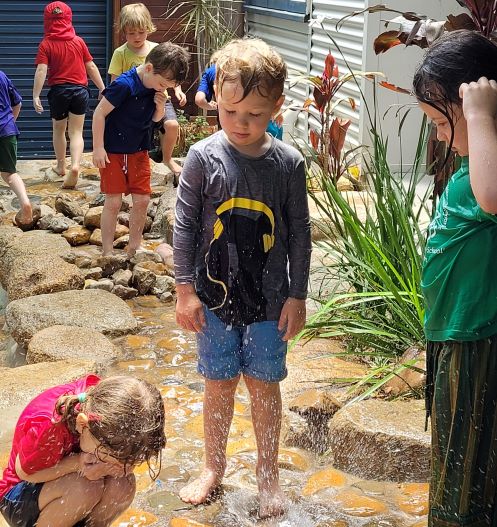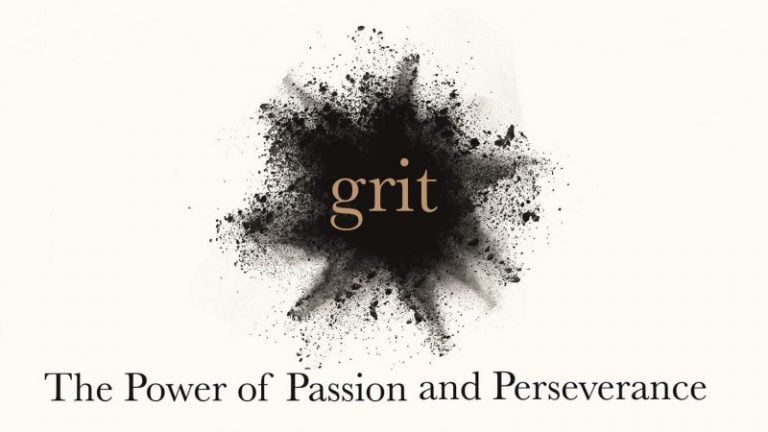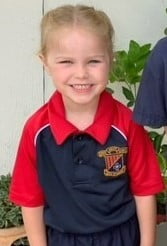
Questions to ask schools about Prep.
February 21, 2022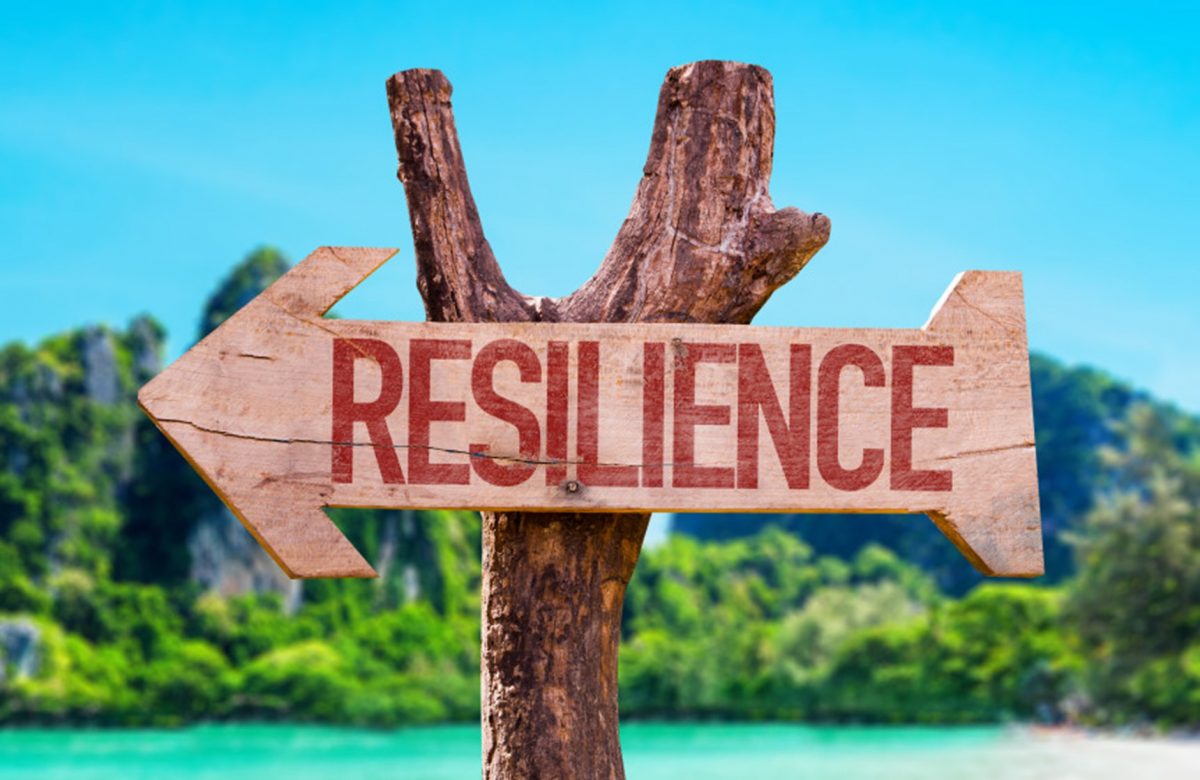
Enough already! Disasters challenge resilience.
March 11, 2022What do children think about the recent flood event?
Just like adults, they will all have different thoughts depending on what happened, their previous experiences, different age, maturity and level of understanding and what they see and feel from adults in their world.
Children’s responses could range from excitement at this new ‘adventure’ to absolute terror and everything in between, with feelings shifting in a very short space of time.
Some children may have moved to different houses, seen their toys and belongings washed away or covered in mud. Providing simple factual explanations about what has happened with a follow up comment that mum/dad/grandmother/neighbour will look after them. Often children will ask questions for further information if the first explanation isn’t enough. Avoid providing more details than asked.
Acknowledging their feelings and saying the same thing over again can help children to process what’s happened. “It was scary when mummy and daddy carried you out of the house wasn’t it. We had to stay with Nana and Poppy. Uncle Joe is helping us clean up the house. We’ve all had to be brave and you’ve been very brave.”
Responses and explanations may change over time. Sometimes a child may say the words you’ve said repeatedly, needing reassurance and processing time. Knowing how your child/ren react to challenges will also frame your responses. Some children may just need to cuddle in and feel safe arms, others may be better with distraction and not dwelling on what happened. Photos, books or a family discussion may prompt some hesitant talkers to express how they feel. Resources and information about floods and other natural disasters can be found at Birdie’s Tree – Growing together through natural disasters | CHQ (health.qld.gov.au). Books such as Brave as can be or I feel frightened in MPC’s parent library may assist.
Children may be watching more screens than they usually do. This may be the best choice in the moment. Compassion for your child and yourself is paramount!
Be mindful about exposure to the news and visuals as well as adult conversations children may hear. It is important for children to feel reassured by parents and adults they trust and have the opportunity to talk and say how they feel.
And parents… please take care of yourselves. Sometimes it is hard to even begin to work out what help you need. Take your time and if someone suggests that they could wash your child’s toys, have your child over for a play, bring over a pizza; if it’s useful, say YES.


